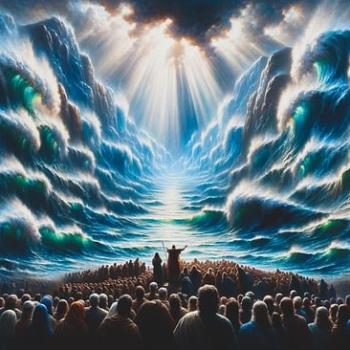Evil. Its existence has been a thorn in the side of theology and philosophy for thousands of years. The reality of a world beset by evil has provided atheism with its most influential and compelling arguments against theism. What if, however, evil could actually be evidence for the existence of the God of the Bible? A (Brief) Exploration Of Evil We live in a world afflicted by earthquakes, tornadoes, fires, and hurricanes. This is to say nothing of the effects... Read more





















